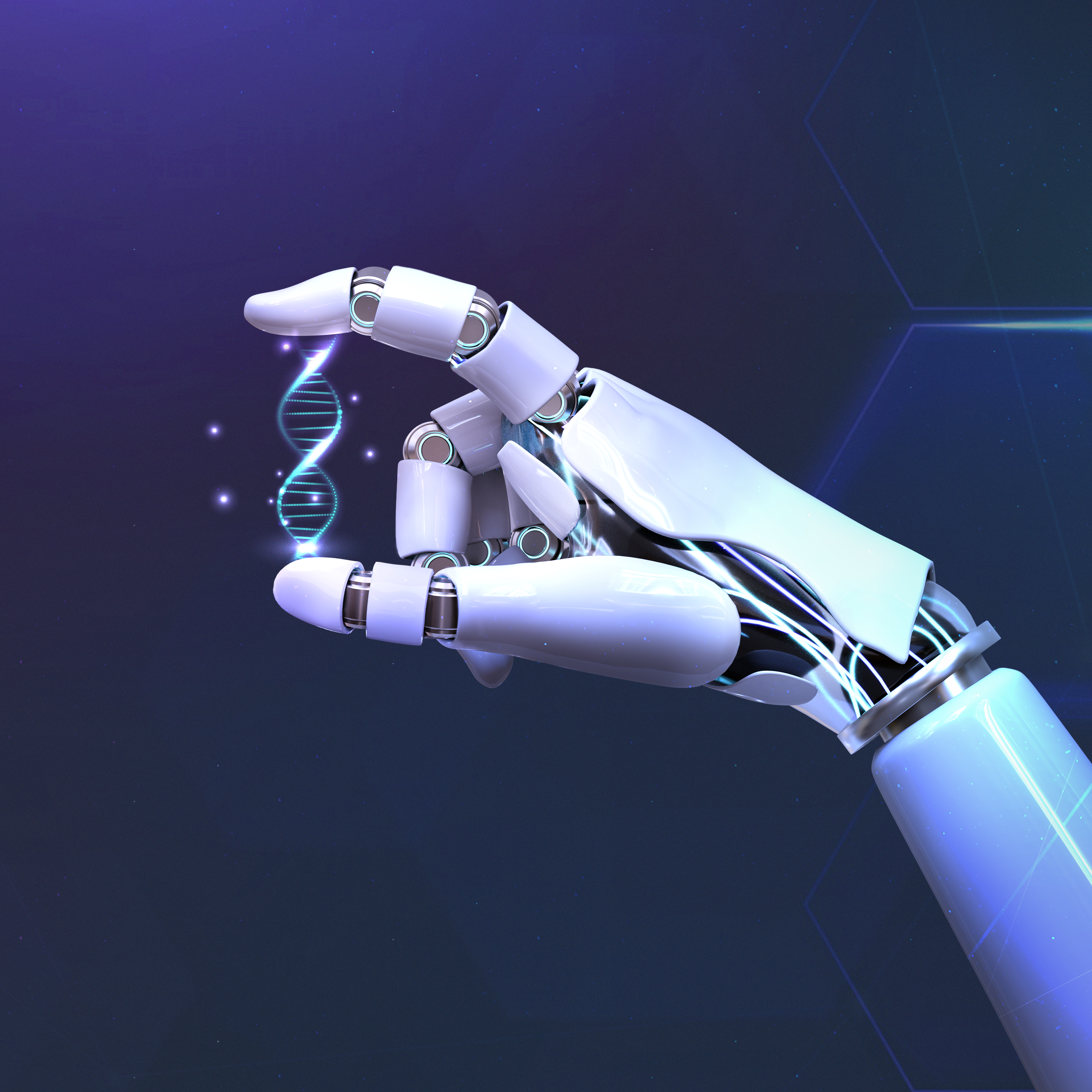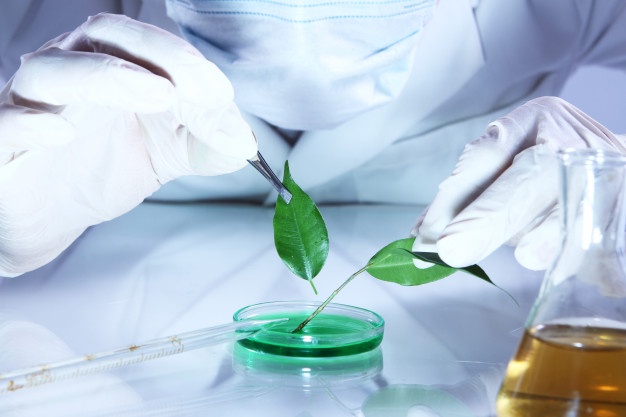Masters of Science in Biotechnology (M.Sc Biotech) is a postgraduate Biotechnology course. Biotechnology is essentially a field of applied biology that deals with the use of discerning bioprocesses and living organisms in medicine, engineering, technology and varying other domains that require bio-products. Pursuing an M.Sc course in biotechnology would equip students with the professional and scientific knowledge they need for certain entry-level roles.
Jobs available after the completion of M.Sc in biotechnology include:
Microbiologist
Microbiologists work in labs for the research and development of new cures and drugs. They also research multiple types of microorganisms. A microbiologist can cultivate microbe cultures, track their growth, as well as collect samples from discerning locations, carry out trials and write research reports. Microbiologists observe microorganisms, record their characteristics, study their DNA sequences, develop antibodies, as well as may even manipulate genomes for industrial/chemical production.
Biochemist
Biochemists use lab equipment and instruments to study and understand the chemical principles of living organisms. These professionals generally experiment with living cells, including their metabolisms, molecular composition and chemical traits.

Biomedical Technologist
As a biomedical technologist, one may have to research microorganisms and their impact on other living organisms. Finding treatment options and production of medications are among the prime responsibilities of these professionals, and they generally work in the pharmaceutical industry.
Biostatistician
Biostatisticians may coordinate clinical trials, collect data about it, as well as study the data and its interpretation. People who have good computer knowledge and problem-solving abilities should particularly consider a career as a biostatistician. These professionals often have to manage multiple in-depth reports and subsequently present data for research and developmental purposes for an organisation.
Epidemiologist
Epidemiologists are the ones to study patterns of disease outbreaks, including pandemics. They research the reasons and causes of outbreaks and maintain records of various pathogens and methods of containment and cure. Epidemiologists are extremely important for public awareness and prevention of viral outbreaks. They might also be able to predict pandemics and help lower the negative consequences and outcomes of such events.
The professions discussed above were just a few examples of jobs after M.Sc in biotechnology that one may choose to pursue. More details of such professions, as well as other career options, can be found online.


No comments yet